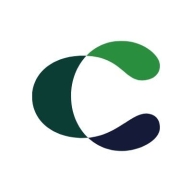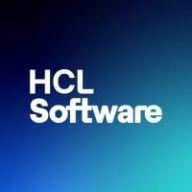

HCL AppScan and Contrast Security Assess compete in the application security testing category. Contrast Security Assess appears to have the upper hand due to its extensive features and real-time analytics that users find considerably beneficial.
Features: HCL AppScan offers a comprehensive set of scanning capabilities, identifying security vulnerabilities across various application layers, and ensuring a secure environment. Contrast Security Assess provides real-time vulnerability detection, intuitive integration into development processes, and ease of use, making it favored for continuous security monitoring.
Room for Improvement: HCL AppScan users highlight areas like reporting functionalities, integration with other tools, and generating actionable insights from scan results. Contrast Security Assess users suggest enhancements in scalability, extended language support, and flexibility to cater to diverse development environments.
Ease of Deployment and Customer Service: HCL AppScan deployment can be complex with longer setup times, though customer support is satisfactory. Contrast Security Assess is straightforward with user-friendly deployment and satisfactory customer service, allowing easy integration into existing systems.
Pricing and ROI: HCL AppScan's pricing is relatively affordable, providing a good return on investment. Contrast Security Assess, despite higher costs, is seen as justified due to long-term benefits and enhanced security outcomes, making it a more strategic investment.


Contrast Security is the world’s leading provider of security technology that enables software applications to protect themselves against cyberattacks, heralding the new era of self-protecting software. Contrast's patented deep security instrumentation is the breakthrough technology that enables highly accurate assessment and always-on protection of an entire application portfolio, without disruptive scanning or expensive security experts. Only Contrast has sensors that work actively inside applications to uncover vulnerabilities, prevent data breaches, and secure the entire enterprise from development, to operations, to production.
IBM Security AppScan enhances web application security and mobile application security, improves application security program management and strengthens regulatory compliance. By scanning your web and mobile applications prior to deployment, AppScan enables you to identify security vulnerabilities and generate reports and fix recommendations.
We monitor all Application Security Tools reviews to prevent fraudulent reviews and keep review quality high. We do not post reviews by company employees or direct competitors. We validate each review for authenticity via cross-reference with LinkedIn, and personal follow-up with the reviewer when necessary.